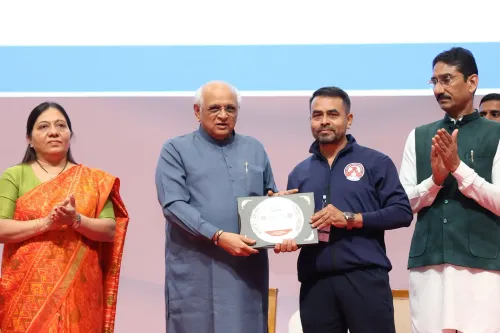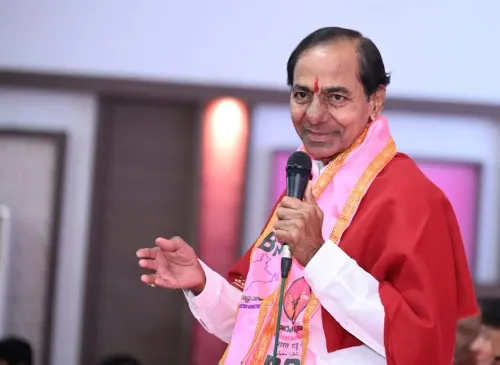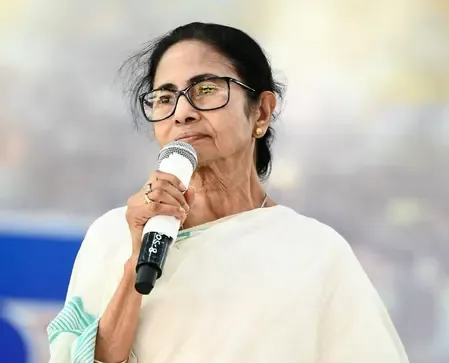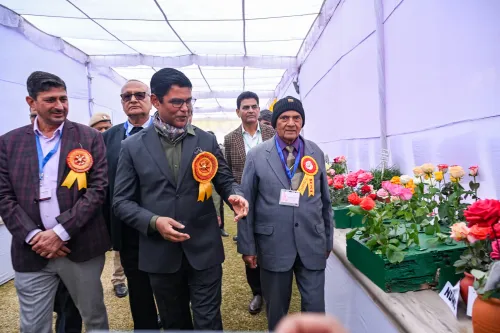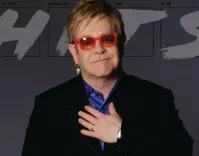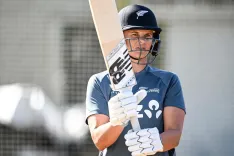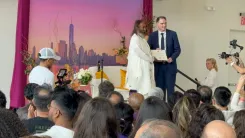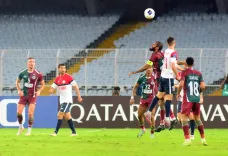Should the Delhi HC Acknowledge Same-Sex Partners in Medical Decisions?
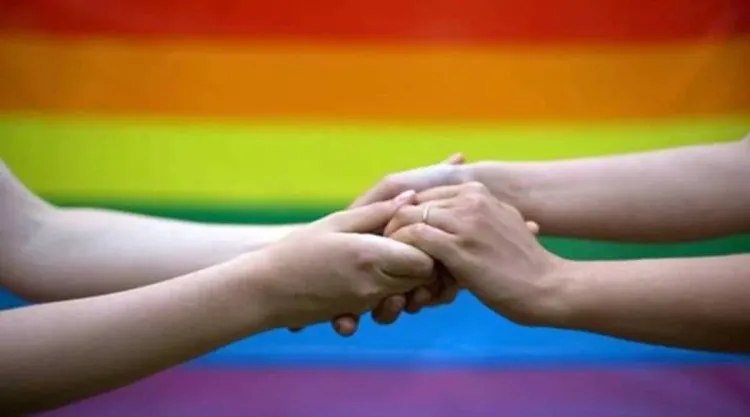
Synopsis
Key Takeaways
- Delhi High Court issues notices regarding same-sex partner recognition.
- Petition highlights the lack of legal framework for medical consent.
- Urgent need for recognition emphasized by petitioners.
- Potential implications for LGBTQ+ rights in healthcare.
- Next hearing set for October 27.
New Delhi, July 17 (NationPress) The Delhi High Court on Thursday issued notices to the Central Government and the National Medical Commission (NMC) regarding a petition that calls for the acknowledgment of same-sex partners as valid decision-makers in medical situations.
A single-judge Bench led by Justice Sachin Datta requested responses from the Union Ministries of Health and Family Welfare, Law and Justice, Social Justice and Empowerment, and the NMC, scheduling the plea for a further hearing on October 27.
The writ petition pointed out the lack of a definitive legal framework or common law recognition for “partners in a union” to be recognized for medical consent in treatment or emergencies.
The petitioners, who have been a same-sex couple residing in Delhi since 2018, emphasized the urgent need for their union to be recognized in medical situations, especially since their immediate family members live in different states or countries, making them possibly unreachable during a medical emergency.
The Indian Medical Council (Professional Conduct, Etiquette and Ethics) Regulations, 2002 stipulate that consent for medical procedures should be obtained from a “husband or wife, parent or guardian in the case of minor, or the patient themselves.”
“The absence of explicit recognition for partners in a union leaves the petitioner unable to make vital medical decisions for her partner, or vice versa, a right that heterosexual couples enjoy under the current 2002 Regulations,” the petition argued.
Claiming a breach of Article 14 of the Constitution, it asserted that the current legal and regulatory framework, by not including or recognizing same-sex partners in medical decision-making, lacks a reasonable connection to any legitimate state objective and is clearly arbitrary.
Moreover, the plea indicated a violation of the Fundamental Right to Freedom of Expression under Article 19(1)(a) and (c) of the Constitution, as the absence of legal recognition inhibits the petitioner’s capacity to express her relationship through cohabitation, mutual care, and healthcare decision-making.
“Additionally, it infringes upon the Fundamental Right to Life and Personal Liberty under Article 21 of the Constitution of India, which encompasses the right to live with dignity and autonomy in personal relationships, including caring for a chosen partner in critical medical decisions,” the petition stated.
The petition underscored that the current legal framework and practices, by effectively limiting medical decision-making rights to heterosexual couples or normative family members, contradict the evolving constitutional understanding and violate constitutional ethics, which demand respect for diversity and individual dignity.
The petitioner urged the Delhi High Court to establish guidelines instructing hospitals and physicians to acknowledge non-heterosexual partners as medical representatives and allow them access during medical treatment.
Alternatively, the plea requested a declaration that a medical power of attorney granted in advance by a patient to their non-heterosexual partner should suffice for that partner to act as the authorized medical representative.
During the hearing, senior advocate Saurabh Kirpal emphasized that the requests aim to address the existing legal gap and ensure that the fundamental right to care for one’s partner in medical emergencies is extended to all.
Earlier this year, the Supreme Court dismissed a series of pleas seeking to review its October 2023 ruling, which had declined to provide legal recognition to same-sex and queer couples in the nation.
In its verdict delivered on October 17, 2023, a 5-judge Constitution Bench unanimously determined that there is no unqualified right to marriage and supported the Centre’s proposal to form a committee led by the Cabinet Secretary to explore administrative measures to address essential social benefit issues related to same-sex couples.
The apex court instructed the Union and state governments to ensure that the LGBTQ+ community does not face discrimination based on their sexual orientation and that queer individuals are not denied access to any goods or services.


